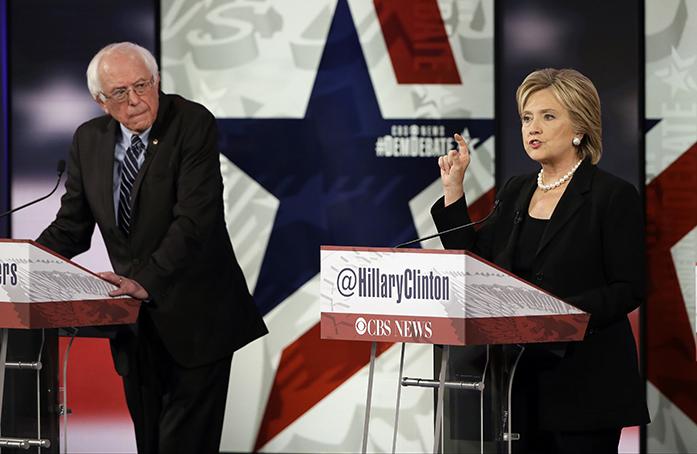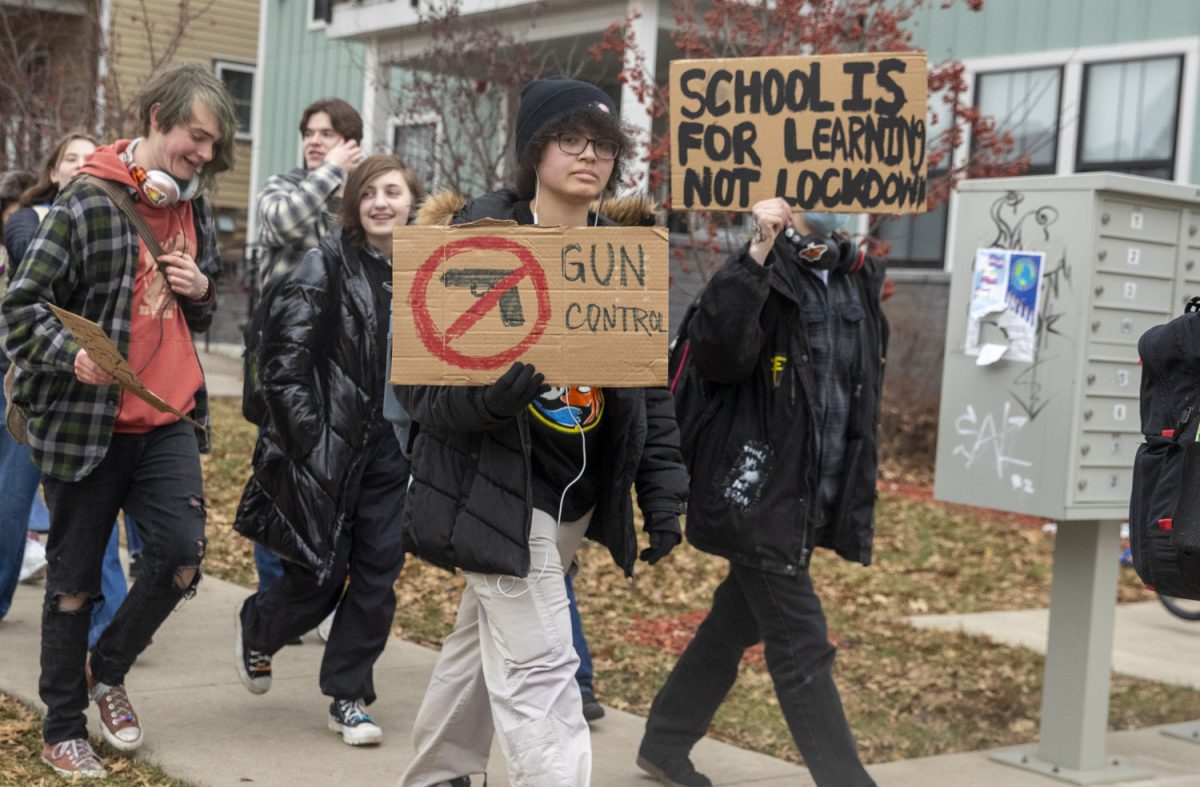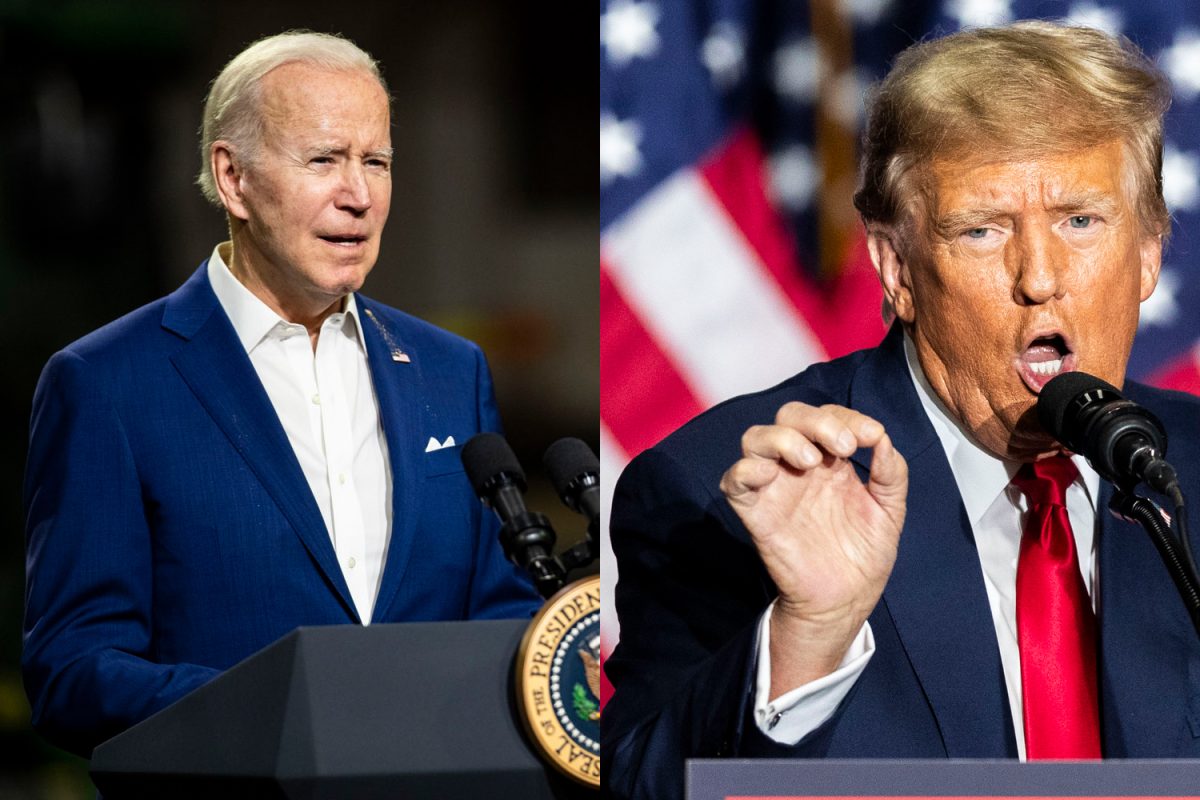The 2016 presidential election is a stark example of lopsided media attention, perhaps one of the most in recent history. Former Secretary of State Hillary Clinton has the legion of old-media institutions posturing her above Vermont Sen. Bernie Sanders, who holds firm with the reins of new media. Business maverick Donald Trump, the Republican front-runner, has each media methodology beneath his thumbs, which has been a key player in his success.
The result of the primary elections will not only tell of new-blood political triumph or a reaffirmation of the establishment status quo strangle in Washington, D.C., but will tell the influence of which respective media methodology will prove superior.
Old media are formidable forces, but in the digital age which has come to fruition alongside our millennial generation, the Internet-rooted modes of new media have proven significant. Sanders, crowd-funded and idolized in blogs across the web, has dominated this emerging form.
According to a decisiondata.org, Sanders has accumulated a staggering 22 million Google searches from June 2015 to January. Clinton was reported to have significantly smaller number, sitting at just above 9 million.
The mainstream media are a reflection of complete contention to popular interest displayed in these data. In the same June-January stretch, mainstream media gave Sanders just below 30,000 media mentions and Clinton at 87,000. Trump’s popularity is soaring in both media, with 37 million searches and an astounding 183,000 mainstream-media mentions.
The old-media machine has undoubtedly chosen Clinton and Trump as the prospective nominees of their parties. The most recent example of this being the March cover of The Economist, which features Clinton and Trump, nose-to-nose like UFC fighters just before the whistle blows. The issue ran on March 5, the same day Sanders won three states and Clinton took only Louisiana.
This seems like a rational response to Trump’s near sweep of the Republican primaries and Clinton’s impressive hold thus far of 1,129 delegates for the upcoming Democratic Convention. Though, it deserves to be noted, a significant portion of Clinton’s delegates are political elite Democratic Party super delegates and are hardly representative of popular opinion. Nor are they cemented in their support for Clinton; super delegates are likely to support whoever wins more delegates in the primaries, lest they face the rage of voters.
This media bias has certainly affected Sanders, yet he has been a formidable foe despite this. Media were once again shouldering the Clinton campaign while insinuating the end of Sanders’ campaign after Clinton’s success in the Super Tuesday primaries. Yet, after Sanders’ acquisition of Maine, Nebraska, and Kansas this past weekend and the relatively silent media in response to this, old media have once again proven to be misinformed or just out-right biased.
The media circus surrounding Trump makes sense, though has unfortunately aided his success, as his rise to leading the Republican primaries is quite the political tale. On the left side, however, the media misrepresentation has worked to hinder a campaign that has been striving against all odds since its conception. The struggle between Clinton and Sanders is also a struggle between forms of information, the institutional and tangible media of yesteryear that favors Clinton is wavering to the instant, accessible, and undeniably grass-roots media of the digital age that overwhelmingly heralds Sanders. We will see which holds any weight this July when the convention meets.







